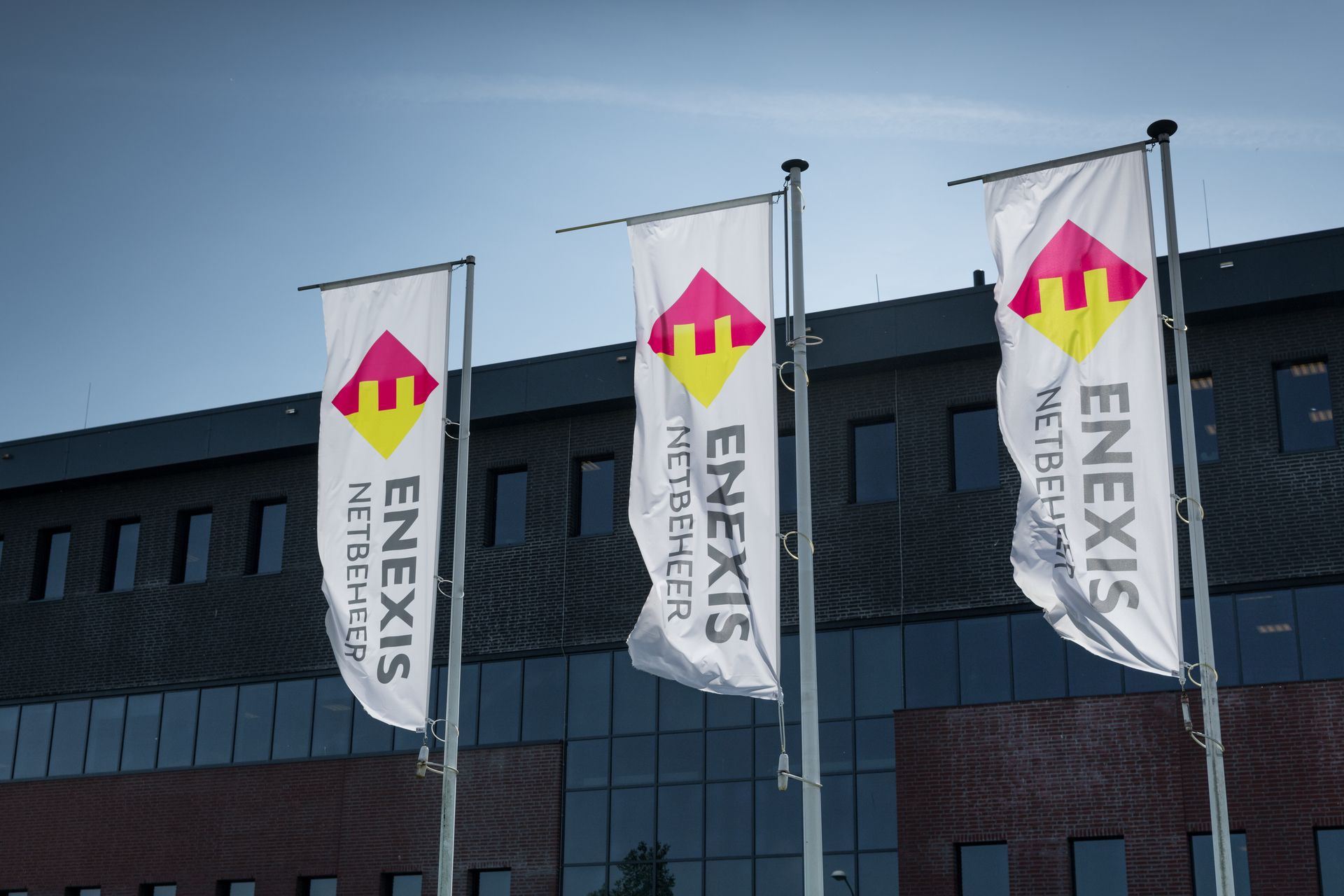Enexis Netbeheer, one of the largest energy grid operators in the Netherlands, has partnered with Xomnia to use AI and data to better accommodate the renewable energy transition in the country. Xomnia, alongside other partners, has provided consultancy services and training solutions to grow the capabilities of Enexis’ data team.
Using AI and data, Enexis aims to more accurately estimate the energy need and loss on its grid, explore the possibilities of predictive maintenance and decision-supporting dashboards, among other uses. Its data team will use the necessary data science and engineering skills to overcome various challenges through data-driven solutions.
Enexis aims to build their data science capabilities within the organization to become independent of external parties. Alongside creating value through use cases, Xomnia delivered the expertise that helped in building and organizing the team, together with creating value through use cases.
Jaap Kohlmann, Sr. DSO architect, Enexis
The Case
Enexis Netbeheer distributes gas and electricity to approximately 2.8 million households, businesses, and official agencies in the Netherlands. As the country transitions to using more renewable energy sources, its energy landscape has dramatically changed, introducing a host of new challenges that impact the grid operator.
Examples of challenges include the need to connect the many new energy sources being constructed in the Netherlands to a strong grid, which tends to be especially challenging in the case of solar and wind farms located in remote areas.
In addition, there is the need to accommodate the increasing need for electricity across the country, as some municipalities transition from using gas to being completely reliant on electricity, and as more charging stations for electric cars spread across cities.
Moreover, Enexis needs to accurately predict the demand for electricity within its grid, which is becoming increasingly challenging as more solar panels and electric vehicles generate electricity locally within households, sometimes even providing energy back to the grid.
To better understand this increasingly complex landscape, and to make informed decisions based on data, Enexis has partnered with Xomnia and other partners to harness the power of data science, and more resiliently handle the transition to renewable energy.
Solution
Enexis is collecting more data about the electric grid and its status, like the voltage, quality of signal, and others. This is done using internet of things (IoT) devices, which deliver millions of data points about the grid every day.
Enexis decided to build a data science capability in-house to start analyzing this data and to use it to create data-driven solutions to overcome business challenges. To achieve this, it collaborated with Xomnia, among others, to create tailor-made training programs to support it in creating an internally-built, effective data science division.
Enexis also strengthened their data team with a machine learning engineer and a data engineer from Xomnia, one of whom has now officially joined Enexis as a full-time employee. The engineers carried out different projects, and shared best practices to approach use cases.
For instance, our lead machine learning engineer Stijn de Gooijer has worked on the grid loss prediction model at Enexis, which uses machine learning to forecast how much energy will go through the grid, and predict based on it the amount of this energy that will be lost. Using the predictive model, Enexis can forecast more accurately how much energy it needs to buy to meet the demand of households and facilities connected to its grid. This model is especially helpful nowadays, as predicting energy loss becomes increasingly challenging with more renewable energy sources connected to the grid.
Moreover, part of the future road map for the data department at Enexis is working on predictive maintenance solutions, scenario-tooling, and a load forecast model to predict congestion in the grid.
Achieve your organization's full potential with the leading AI consultancy in the Netherlands
Impact
The data science team has already become an official department embedded within Enexis. It is already utilizing Enexis’ standards and processes, and has proven itself by producing models and tools for various use cases that are successfully used within other departments in the company. The team aims to become self-reliant soon, eliminating the need for outsourcing any of its tasks in the near future.
Jaap Kohlmann, the manager of the data science team at Enexis, says the team is getting closer to their goal of developing several key algorithms, to help Enexis in tackling the challenges related to the energy transition. “For Enexis this is a good step in becoming a data-driven organization and many more steps will follow the coming years,” he adds.
This collaboration aims to ensure that renewable energy projects can get built and connected, and make this process happen smoothly and within a short timeframe. This will, in turn, enable a smoother transition to renewable energy, ultimately reducing energy waste, and combating global warming.
These employees were not previously developers, data scientists, or engineers, so in the beginning they needed guidance for every step. Through coaching and training, the team is maturing. They have become more independent and self-aware within their data science projects.
Guido Faassen, data scientist at Xomnia.


